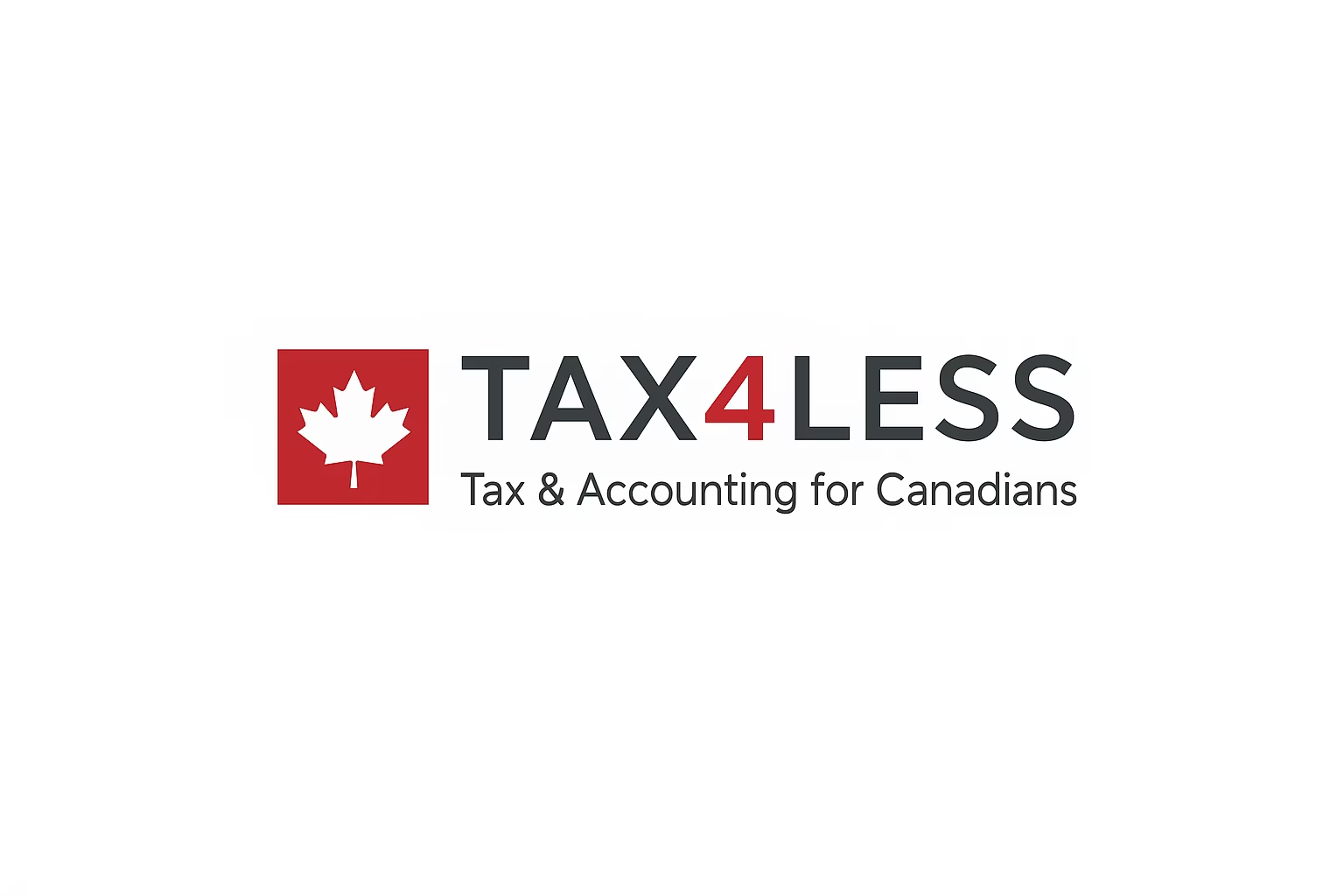Duties of Directors and Shareholders in Canadian Incorporation
Key Duties of Directors and Shareholders in Canadian Corporate Incorporation
Incorporating a business in Canada involves specific roles and responsibilities for directors and shareholders. These roles are legally defined under Canadian law, making it essential for anyone involved in Canadian incorporation to understand their duties. This article covers the key responsibilities and legal requirements for directors and shareholders in Canadian corporations, ensuring optimal compliance, smooth governance, and successful corporate incorporation.
Role of Directors in Canadian Incorporation
In Canada’s corporate incorporation structure, directors are responsible for the company’s strategic direction and oversight. Appointed by shareholders, directors are essential to the company’s operations and must adhere to several legal obligations under the Canada Business Corporations Act (CBCA) or relevant provincial laws. Key responsibilities include:
- Fiduciary Duty and Acting in Good Faith
Directors must prioritize the corporation’s best interests and avoid any conflicts of interest. This fiduciary duty ensures that directors act ethically and responsibly, protecting the corporation and its stakeholders. - Compliance with Canadian Laws
Legal compliance is crucial in Canadian corporate incorporation. Directors ensure the corporation follows federal and provincial regulations in areas like taxation, environmental policy, and financial reporting. This compliance protects the corporation from legal risks and fines. - Financial Oversight
Directors are responsible for overseeing the corporation’s financial health. This includes budgeting, monitoring cash flow, and ensuring accurate financial records. Financial oversight is critical to building trust with shareholders and maintaining the company’s credibility. - Strategic Planning
Directors contribute to the corporation’s long-term growth and value by setting and overseeing strategic goals. Planning may include market expansions, new product development, and corporate restructuring to align with shareholders’ interests. - Corporate Social Responsibility (CSR)
Increasingly, directors must consider the ethical and social impacts of corporate decisions. CSR aligns the corporation with societal values, enhancing its reputation and contributing positively to the community.
Role of Shareholders in Canadian Incorporation
Shareholders, the owners of a Canadian corporation, play a significant role in influencing corporate decisions. Their duties center around their investment in the corporation, with specific rights and responsibilities that ensure their voices are heard. Key responsibilities include:
- Voting Rights in Corporate Decisions
Shareholders have the right to vote on crucial matters, such as the election of directors, mergers, and amending the corporation’s articles. Voting occurs at annual general meetings (AGMs) or through special meetings when significant changes are proposed. - Approval of Major Corporate Changes
In Canadian incorporation, shareholders’ approval is essential for mergers, acquisitions, and major asset sales. Their votes protect the corporation’s long-term stability and influence its future direction. - Financial Investment and Returns
Shareholders expect returns on their investment, either through dividends or share appreciation. Their focus on profitability aligns with corporate growth, incentivizing directors to perform effectively. - Right to Information
Canadian incorporation laws grant shareholders access to corporate information, including financial statements and updates on corporate performance. This transparency allows shareholders to make informed decisions regarding their investments. - Corporate Oversight
By electing directors, shareholders participate indirectly in corporate oversight. This allows them to influence the company’s management, accountability, and adherence to their investment goals.
Importance of Effective Corporate Governance in Canadian Incorporation
For successful Canadian incorporation, a balance between directors’ and shareholders’ duties is essential. Effective corporate governance, where directors and shareholders work collaboratively, ensures transparency, reduces conflicts, and promotes stability. With directors managing daily operations and shareholders guiding through voting power, effective governance strengthens corporate incorporation and enhances its growth potential.
Key Takeaways for Canadian Incorporation
- Directors fulfill critical roles, including fiduciary duty, legal compliance, financial oversight, and strategic planning.
- Shareholders contribute by voting on significant decisions, approving major changes, and influencing corporate governance.
- Effective corporate governance is essential for a corporation’s long-term stability, aligning the goals of directors and shareholders.
Both directors and shareholders play pivotal roles in a Canadian corporation’s success. Understanding these duties is essential for any Canadian incorporation to thrive within the country’s legal and business environment.

 Previous Post
Previous Post Next Post
Next Post